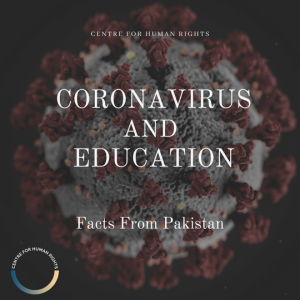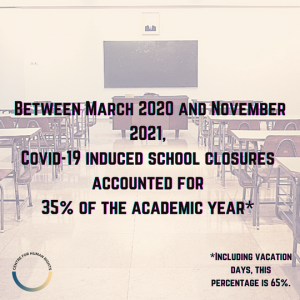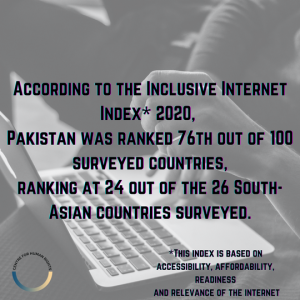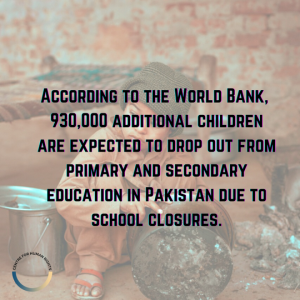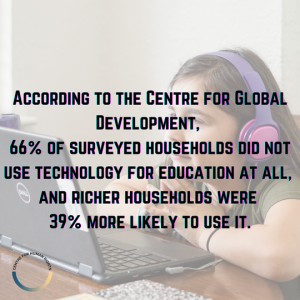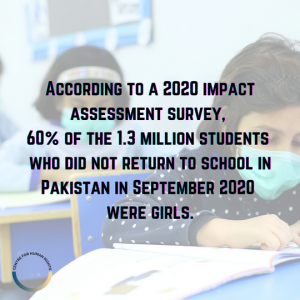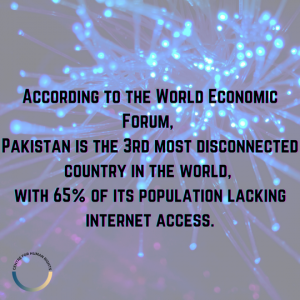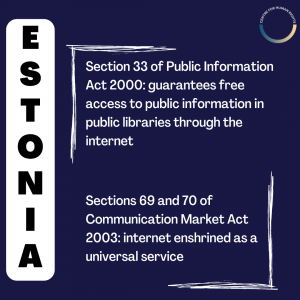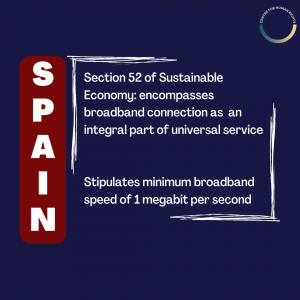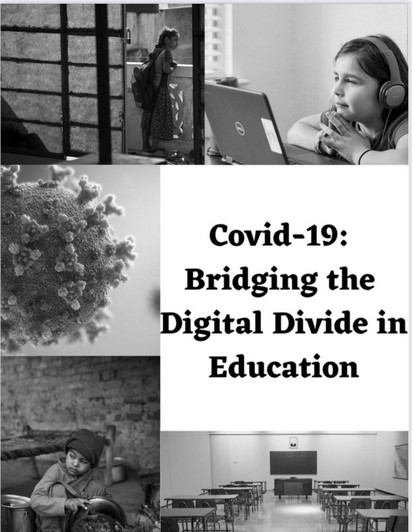Bridging the Digital Divide during Covid-19: A Right to Internet Access and the Path Towards Sustainability in Education
In light of the adverse, reverberating impacts of Covid-19-induced lockdowns, the existent digital divide in education has surfaced more clearly than ever. It has disproportionately exacerbated socio-economic inequalities and discrimination against already marginalised segments of the student population. This project focuses on ways to bridge the digital divide in education, and thus ensure the realisation of the essence of the fundamental rights to education and equal treatment.
To that end, extensive comparative research was undertaken in the first phase of this project to analyse the methods of domestic entrenchment of a right to internet access across the world. Constitutions, laws, judicial decisions and public policy frameworks of a range of selected countries were identified, analysed and compared. Simultaneously, our research also focused on the domestic landscape in Pakistan to explore and understand the prospects for entrenching a guarantee of access to the internet in education. In the second phase of the project, a right to internet access was analysed in a global context, from the lens of international human rights law. Various human rights instruments were analysed to assess the extent to which the existing corpus of international human rights law incorporates and accounts for a right to internet access, both generally and in the specific context of education.
Click here to read the highlights and key takeaways from our launch event of the publication
Read the original version of this research published in a special IAU-UNODC journal here
Project Lead:
Fatima Mehmood
Student Research Assistants:
Maham Kashif, Hassan Ali Askari, Sajal Khan, Roshnaina Areej, Amna Hussain
